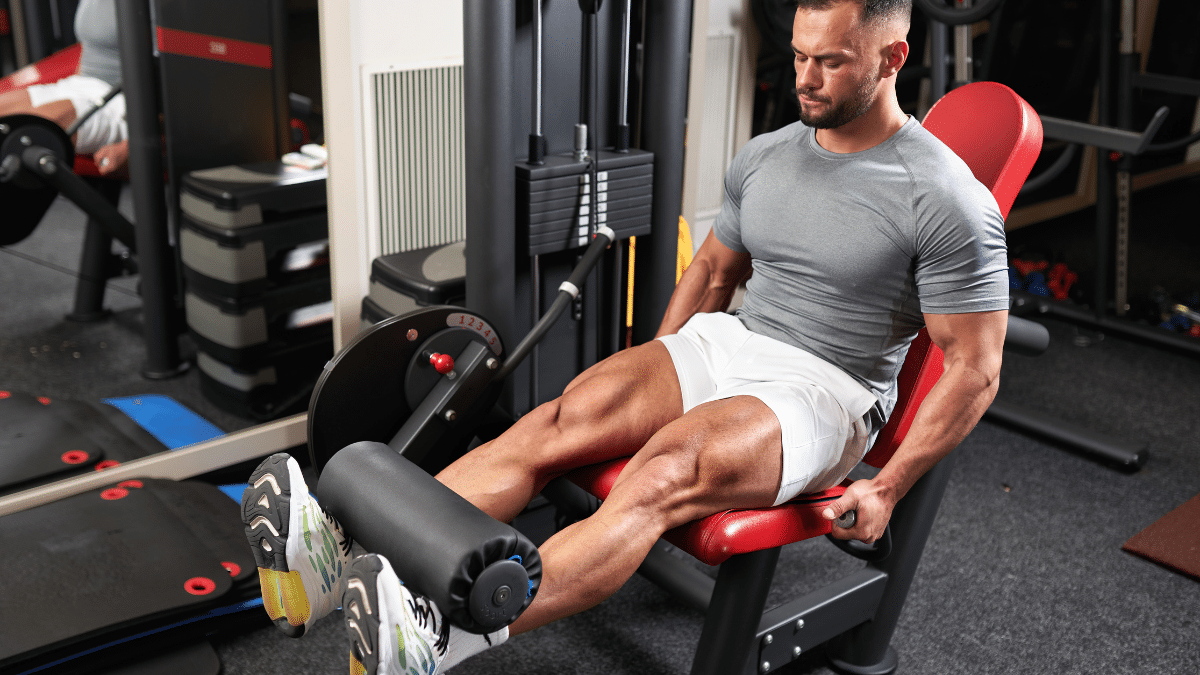
Are free weights better than machines for strength and size?
A new meta-analysis compared the effects of free-weights vs machine-based training on maximal strength, muscle growth, and jump performance.
Research Spotlight articles share quick breakdowns of interesting studies.
Browse the archive of Research Spotlight posts below, and sign up to get new posts in your inbox here.

A new meta-analysis compared the effects of free-weights vs machine-based training on maximal strength, muscle growth, and jump performance.

There are many common concerns and myths about creatine, but none quite as popular as the idea that creatine will make you go bald. In this article, we’ll discuss where the idea came from, and why you probably don’t need to be concerned about creatine causing hair loss.

A recent meta-analysis suggested that creatine only has a “trivial-to-small” effect on muscle growth. However, that language might understate the actual impact of creatine.

A recent six-month crossover study had subjects perform three months of low-load training and three months of moderate-load training, in a randomized order. The researchers found that lean mass gains were similar during the first and last three months of training, in contrast with other research. Read on to learn if you can truly avoid plateaus via wholesale shifts in relative training intensity every few months.

Old-school gym lore suggested that each pound of muscle burned 50 calories per day. The more common figure you’ll hear from sciency folks is 6 calories. The truth is somewhere in the middle.

A recent study found that the longevity benefits of high-intensity exercise plateau pretty quickly, but that doing more moderate-intensity exercise is usually a good idea.

It’s been argued that you should consume a slow-digesting protein immediately before bed to keep blood amino acid levels elevated overnight. But, do slow-digesting proteins really outperform faster-digesting proteins? And do we really need to worry about pre-sleep protein ingestion in the first place?

A recent meta-analysis by Steele and colleagues investigated effort in resistance training. The results were pretty surprising.

A recent meta-analysis by Garcia-Hermoso and colleagues sought to evaluate the proportion of individuals adhering to government guidelines for aerobic and muscle-strengthening activities.

A recent study examined whether women who continued to participate in heavy resistance training during pregnancy were at a heightened risk for adverse birth outcomes, adverse fetal outcomes, or pelvic floor dysfunction.

How effectively do common resting metabolic rate equations account for expenditure increases that are observed during bulking?

A recent meta-analysis by Eihara and colleagues sought to summarize the literature around these topics, to better inform resistance training exercise prescription for runners.
Copyright © 2023 Stronger by Science